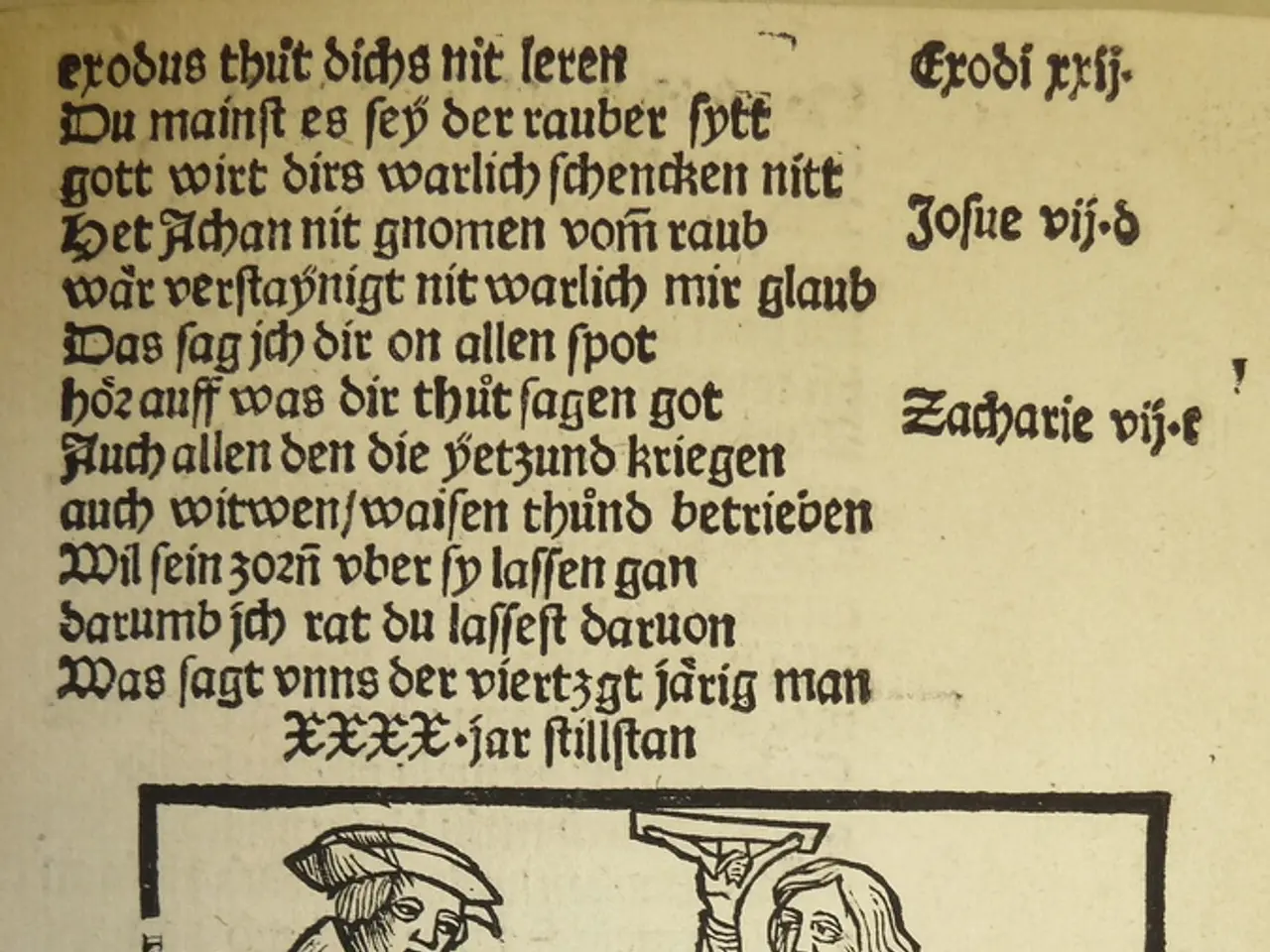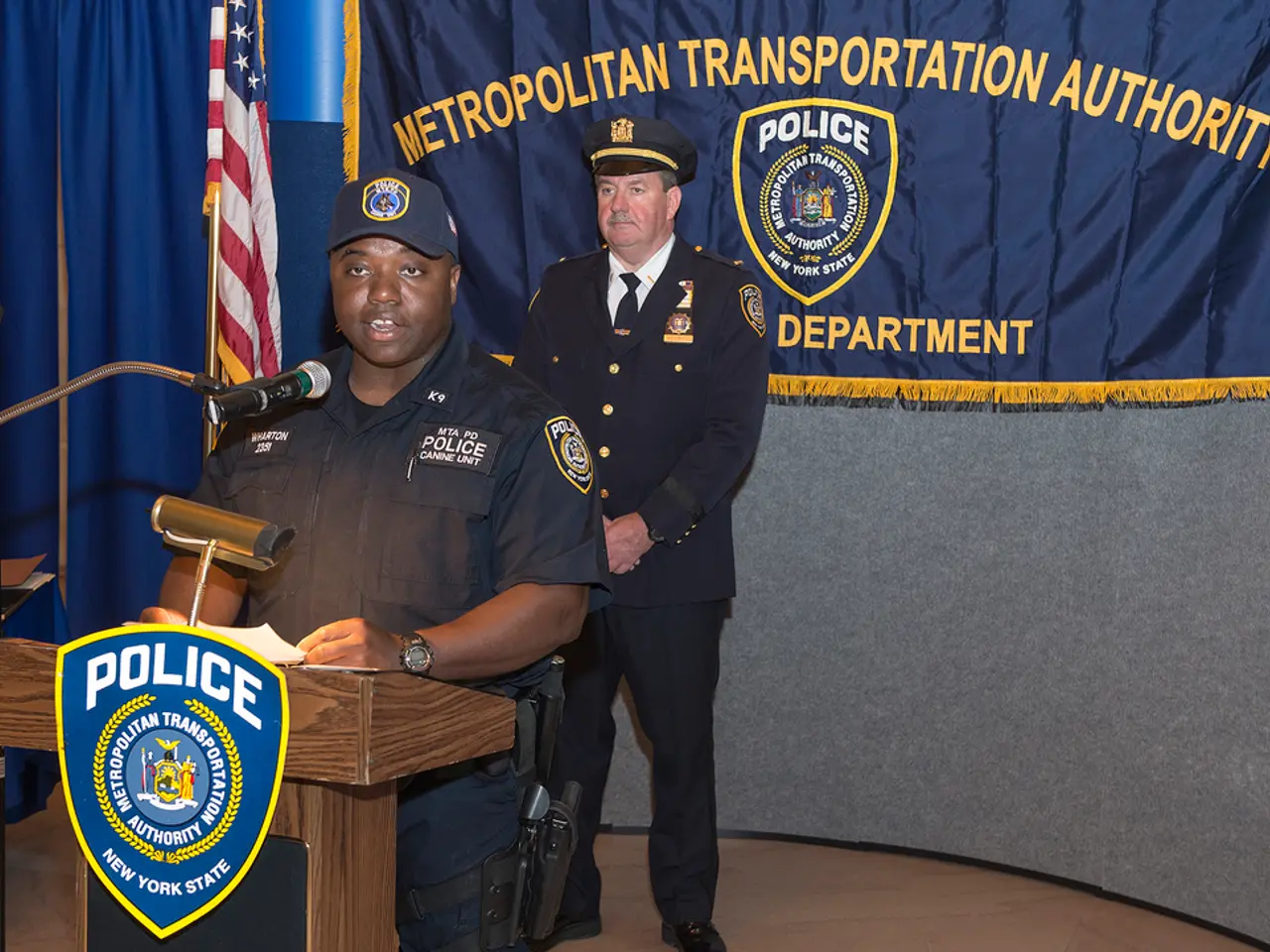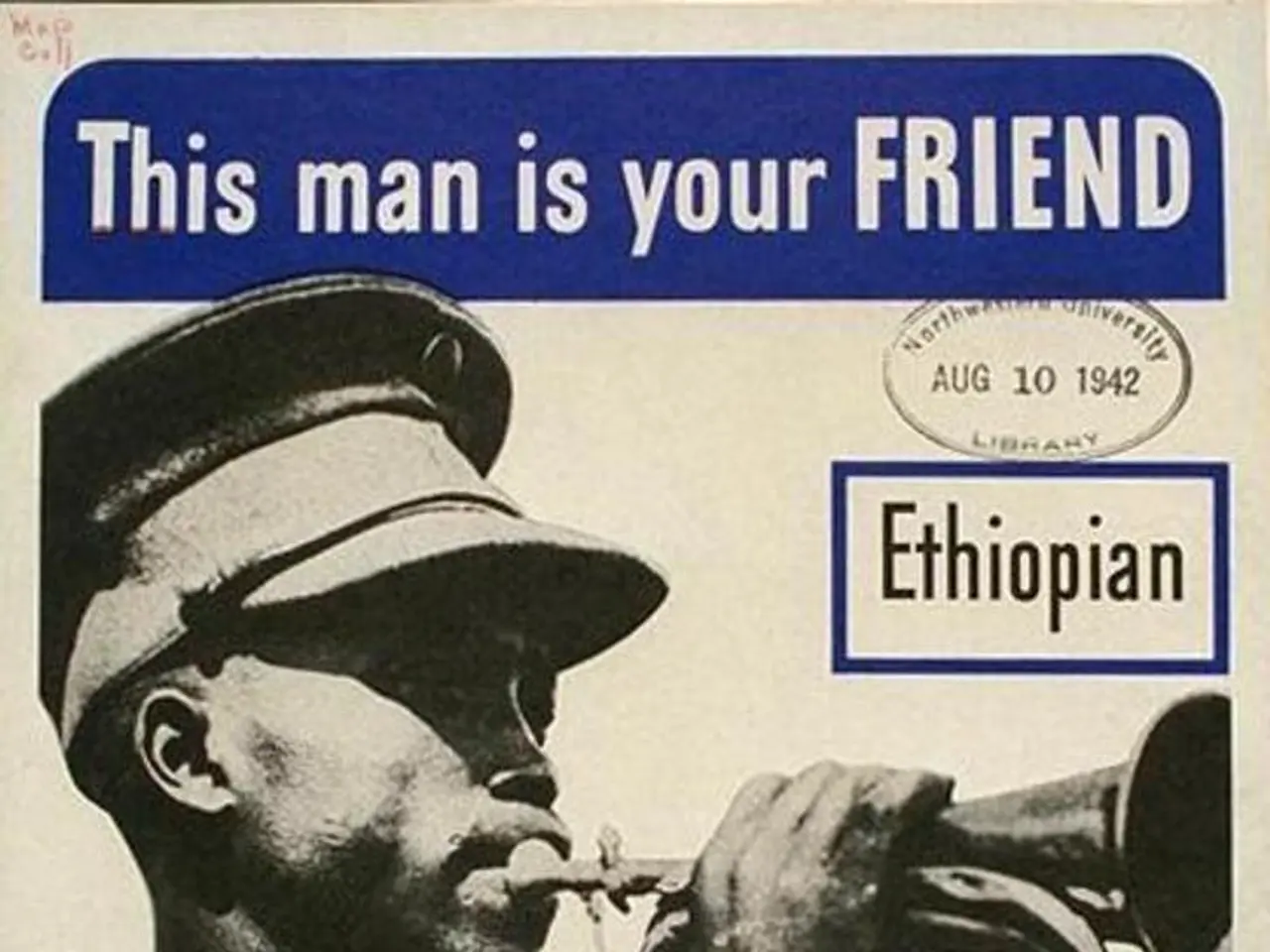The Dispute over the Official Language of Bangladesh
In a recent turn of events, the Border Security Force (BSF) deported seven West Bengal residents working in Maharashtra to Bangladesh, only to have them returned to India due to unclear circumstances. This incident has sparked a series of allegations and political condemnation, with the focus on the Delhi Police's classification of Bengali as a "Bangladeshi national language."
Multiple cases have surfaced where migrants, particularly those from West Bengal, have been allegedly pushed into Bangladesh upon suspicion over their nationality. The Delhi Police's use of this terminology has caused outrage among West Bengal’s authors and intellectuals, who argue that Bengali is the same language spoken across both West Bengal and Bangladesh, with dialectical differences rather than constituting separate languages.
The controversy arises because the Delhi Police referred to Bengali as a 'Bangladeshi national language', which overlooks the language's deep historical and cultural presence in India, particularly in West Bengal, a major Bengali-speaking region. Linguists emphasize that Bengali encompasses many dialects across West Bengal and Bangladesh, all belonging to one language, and the diversity in speech does not constitute different languages but regional dialects within Bengali.
However, the Delhi Police's action is not without justification. The main difference between Bengali dialects spoken in West Bengal and that of Bangladesh lies in phonology, pronunciation, vocabulary, and certain grammatical features. Eastern Bengali dialects, mostly in Bangladesh, often lack nasalisation found in Western Bengali dialects. Furthermore, standard literary Bengali is largely based on the Western Bengali dialects around Kolkata, known as Gaudiya or West Central Bengali.
The main target of these deportation drives has been Bengali-speaking immigrant laborers, causing fear among the approximately 22 lakh migrant workers from West Bengal working outside the state. The BJP's state president Samik Bhattacharya justified the Delhi Police's action by stating that there is a difference between the dialect of the Bengali language spoken in West Bengal and that of Bangladesh.
On the other hand, West Bengal Chief Minister Mamta Banerjee and TMC's national general secretary and MP Abhishek Banerjee accused the Delhi Police of using an insulting, anti-national, and unconstitutional term. They argued that referring to Bengali only as a "Bangladeshi language" ignores its deep historical and cultural presence in India.
The issue also highlights the plight of many migrant laborers who lack necessary documents such as birth certificates, as they became mandatory only in 1969 and proper implementation took longer. This has left many workers vulnerable to deportation and mistreatment.
The controversy continues, with calls for a reconsideration of the Delhi Police's classification of Bengali and a more humane approach towards migrant workers. Advocate Manik Gupta, who represents refugees, questioned the basis of deportation, stating that it is based on a person's religion and language, specifically Bengali. Gupta argued that everything happening regarding the deportation is happening without due process.
As the situation unfolds, it is crucial to remember the shared heritage and cultural ties between West Bengal and Bangladesh, and to treat all individuals with dignity and respect, regardless of their dialect or place of origin.
References:
[1] Chatterjee, S. (2018). Bengali dialects. In Encyclopaedia of Indian Languages (pp. 187-194). Springer, Cham.
[2] Dasgupta, B. (2009). Bengali dialects. In Encyclopedia of the Languages of the World: Asia and Africa (pp. 101-107). Elsevier.
[3] Bhattacharya, S. (2016). Bengali dialects. In The Routledge Handbook of South Asian Linguistics (pp. 165-174). Routledge.
[4] Choudhury, S. (2013). Dialectology of Bengali. In Encyclopedia of Asian History (Vol. 2, pp. 148-153). Elsevier.
[5] Banerjee, M. (2021). The politics of language: The Delhi Police's classification of Bengali as a 'Bangladeshi national language'. The Indian Express.
- The controversies surrounding the Delhi Police's classification of Bengali as a 'Bangladeshi national language' have escalated into a general news topic, sparking debates about policy-and-legislation and politics.
- travel and crime-and-justice are not directly relevant to this discussion, as it primarily revolves around the language conflicts and political issues arising from the Delhi Police's decisions and their impact on migrant workers.
- The ongoing debate sheds light on the complexities of language within war-and-conflicts and conflict zones, as language politics can lead to deportations and mistreatment of migrant workers, as seen in this recent event.
- The unfolding situation with the BSF's deportation of seven West Bengal residents and their subsequent return to India is a real-world example of how language politics can intersect with politics, creating tension and altering travel and migration patterns for those involved.








